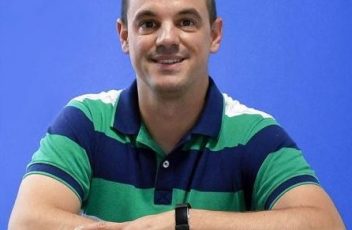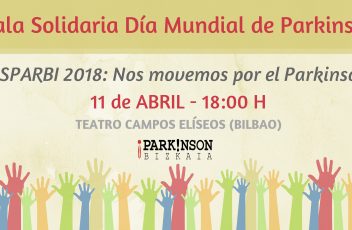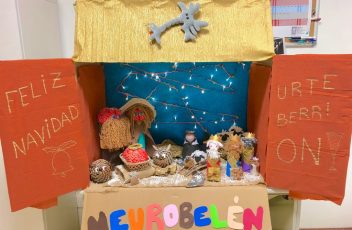“NEUROCREA: improvement of creativity through non-invasive brain stimulation (tDCS)” The goal of the project is to know if it is possible to improve, through non-invasive brain stimulation techniques, commercial products that require high doses of creativity in their design, in basic and applied research. Randomized trials will be carried out combining conventional methodologies of well-known […]



